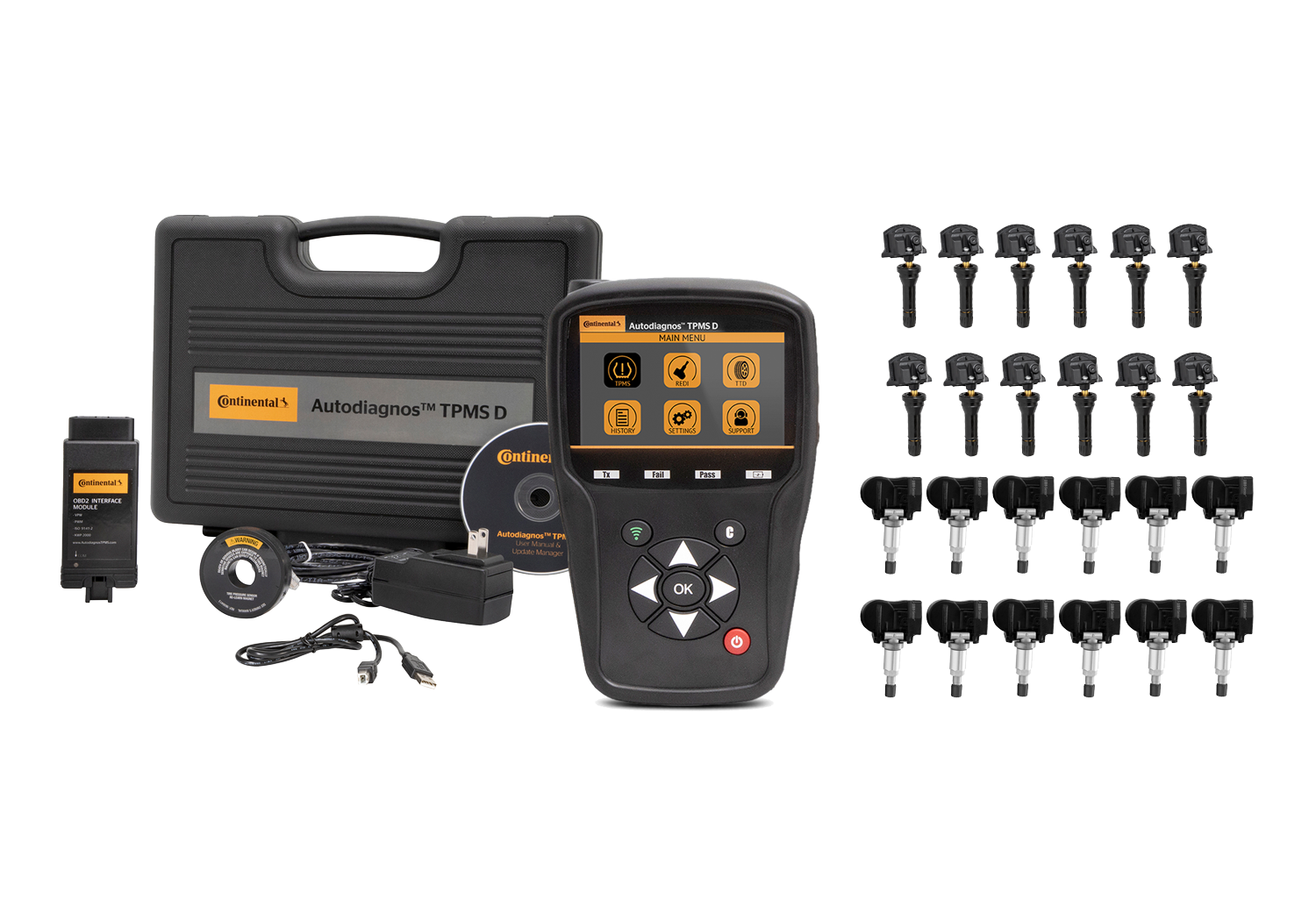Q: Is snow the only thing to consider when it comes to winter tires?
A: Snow isn’t the only thing. When considering winter tires, it’s important to also think about ice, slush and cold temperatures. Winter tires are “winter focused” which means they remain pliable in very cold temperatures. Winter tires are optimized for winter road conditions
Q: Why should I use winter tires when I already have all-season tires?
A: All-season tires are required to operate in a very wide range of temperatures in order to be used year-round. All-season tires can be used in light snow conditions but are not exclusively designed for winter conditions. If you live in a climate where the winter temperatures stay consistently below 45 degrees Fahrenheit, winter tires can be a good choice for added confidence on the road.
Q: When is the ideal time to switch over to my winter tires?
A: A good time to switch to winter tires depends on where you are located. In most of the northern United States, it’s usually around mid to late October. It’s typically not a good idea to wait for the first snowfall. Many people do this which leads to overcrowding in stores and forces the tire changeover service to take much longer. You want to be ready before the first major snowfall.
Q: How many winter seasons does a winter tire last?
A: Tread life is influenced by many factors including road conditions, inflation pressure and maintenance records, to name a few. On average, under typical conditions, a dedicated winter tire can maintain performance for about three full winter seasons.
